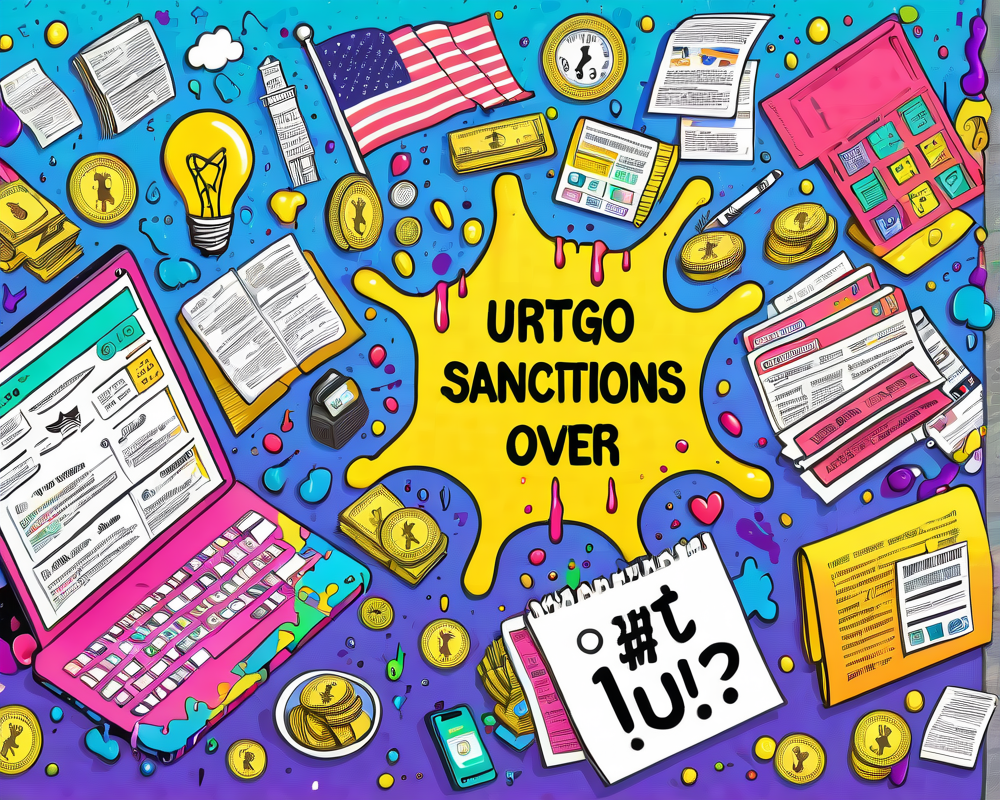Background of the Case
BitGo, known for its services in the crypto custody realm, has found itself in hot water with the U.S. Treasury. The organization has been accused of inadvertently allowing users from sanctioned territories to access its digital wallet services. From 2015 to 2019, BitGo allegedly dropped the ball on its sanctions compliance, creating a perfect storm of regulatory scrutiny.
OFAC’s Findings
The Office of Foreign Assets Control (OFAC) issued a stern warning to BitGo, calling out the company’s lack of due diligence in screening clients from regions like Crimea, Cuba, Iran, Sudan, and Syria. The Treasury stated, “BitGo failed to exercise due caution or care for its sanctions compliance obligations,” leading to a whopping 183 ‘apparent violations’ of their sanctions programs.
Breaking It Down
What exactly does ‘apparent violations’ mean? In layman’s terms, it’s as good as saying they might’ve let their coffee get cold while turning a blind eye to the sanction guidelines.
- 183 instances: Users seemingly connected to restricted countries managed to open accounts.
- Transaction Value: Over $9,000 rolled through these accounts.
The Settlement Details
Fast forward to today, BitGo has agreed to settle with the U.S. Treasury for $98,830. While that number sounds smaller compared to the potential maximum of up to $53 million, it’s still a penny or two that could buy a hefty amount of coffee for those late-night compliance reviews!
A More Lenient Outcome?
The settlement amount is rather lenient, especially when one considers the big bucks involved had the case gone to court. The civil penalties could have skyrocketed to between $183,000 and $53 million, depending on how the chips fell.
Implications for the Crypto Industry
This ruling carries weighty implications not just for BitGo, but also for other crypto players in the field. OFAC’s warning appears crystal clear: digital currency service providers need to buckle down and seriously assess their sanctions risk. Ignoring such compliance can lead to unwanted trouble.
A Note to Other Companies
As digital currencies continue to evolve, so do the regulatory landscapes. Firms need to take proactive measures to mitigate risks. As evident from BitGo’s case, being reactive can cost a lot more than being preventive.
Conclusion
As the dust settles on this case, the crypto community should take note: staying compliant isn’t just a suggestion; it’s a necessity. And perhaps invest in a few extra compliance officers too – it could save them a wallet full of trouble.




